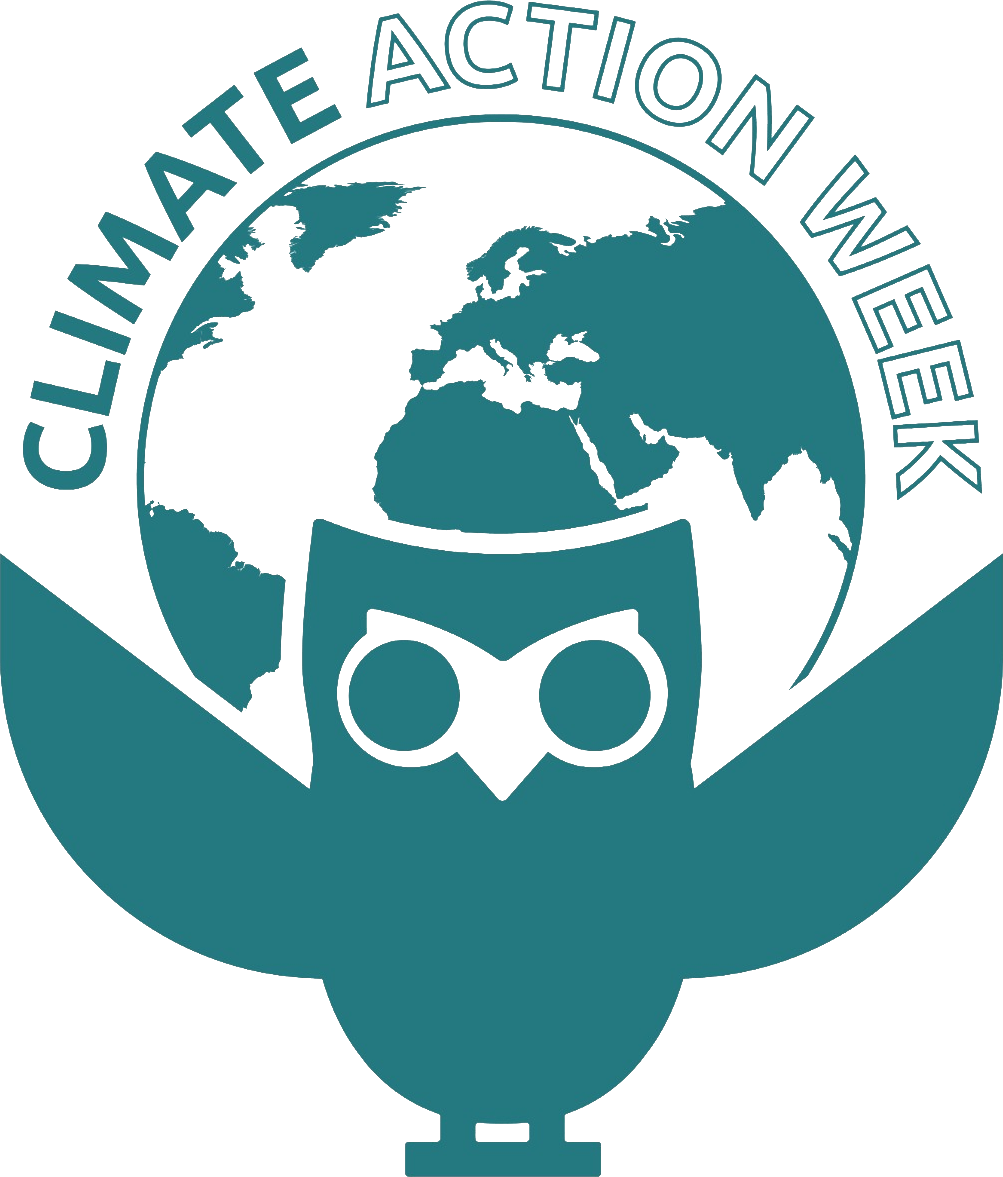

The Climate Action Week aims to make it easy to convey the urgency of the climate crisis in schools in a participatory way. It is time for all students to understand the threat to their future and to strengthen their empowerment. To this end, age-appropriate, differentiated, and easy-to-understand free participatory materials, workshops, and live streams with experts are provided. They can be used as desired in the classroom. In terms of content, these questions in particular are addressed:
A new publication by the National Academy of Sciences Leopoldina summarizes the causes and consequences of climate change in an easy-to-understand way, addresses these questions in concrete terms, and is sufficient for teachers to be excellently prepared in terms of knowledge for the Climate Action Week.
The Climate Action Week is based on the Education for Sustainable Development (ESD). "It empowers learners of all ages with the knowledge, skills, values and attitudes to address the interconnected global challenges we are facing, including climate change ..." — UNESCO Website on Education for Sustainable Development.
The Federal Ministry of Education and Research in responsible for the implementation of ESD in Germany.
Education for Sustainable Development is recognized as an integral element of Sustainable Development Goal (SDG) 4 on quality education and a key enabler of all other SDGs, including climate action (SDG 13). The interlinked SDGs of the United Nations provide a shared blueprint for peace and prosperity for people and the planet, now and into the future.
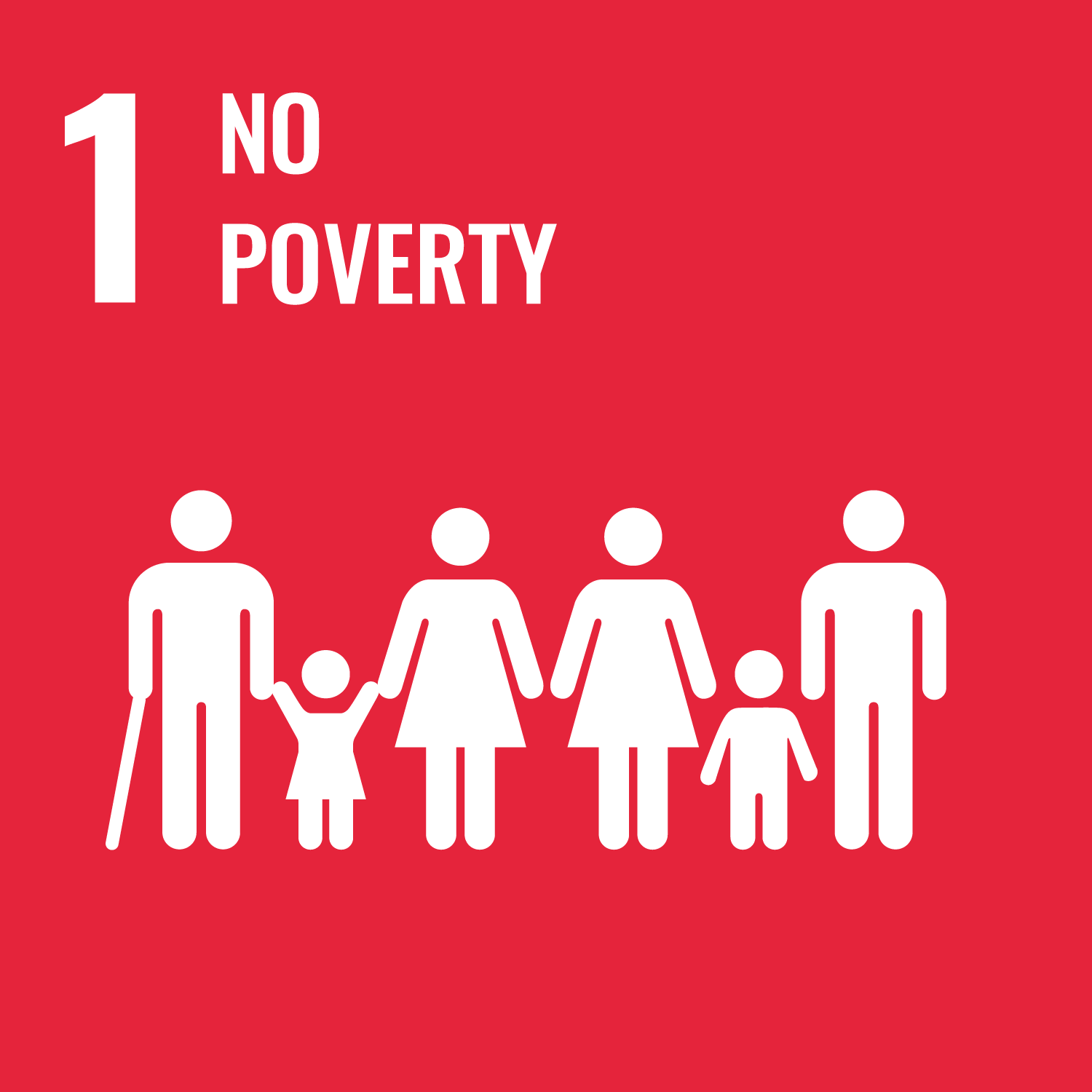
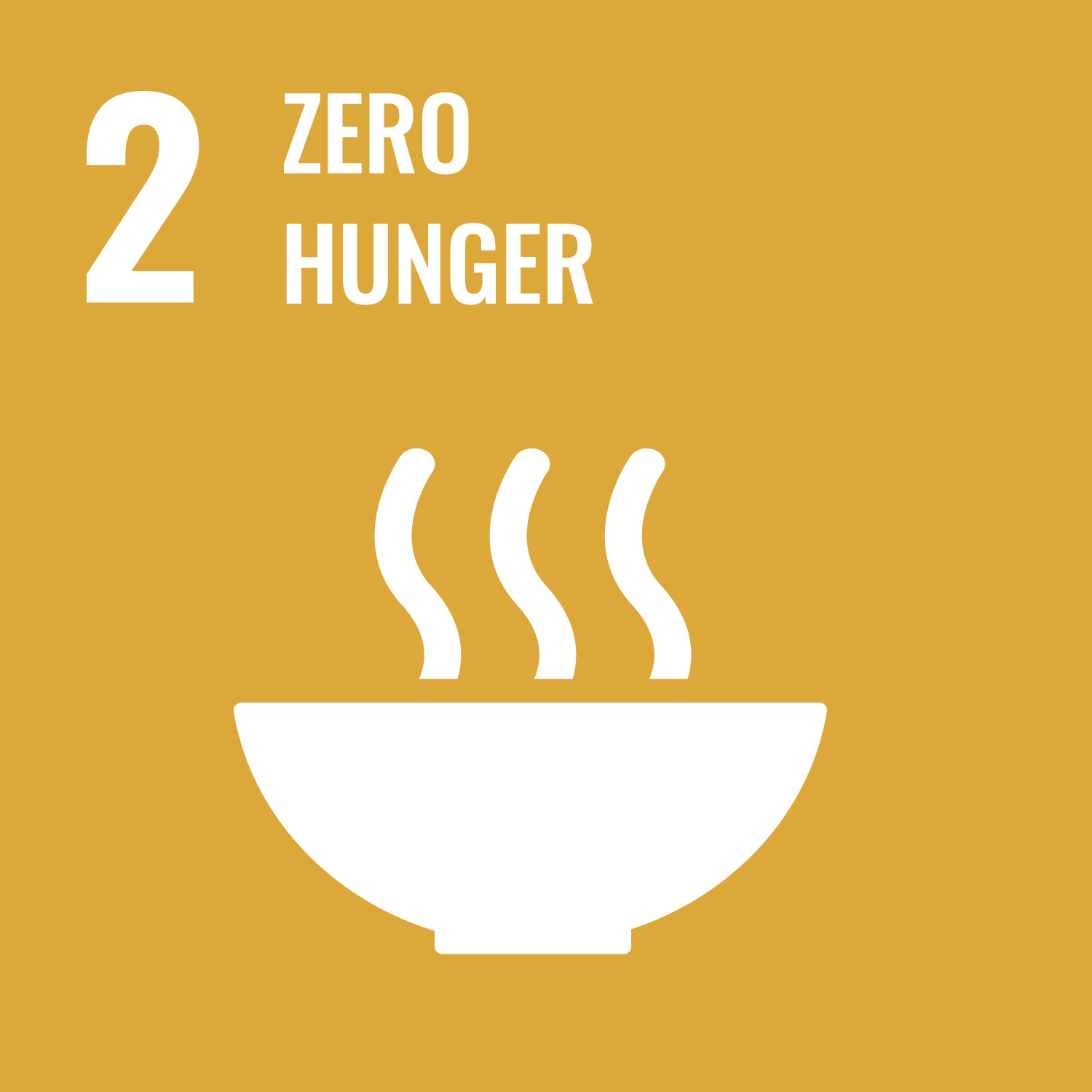

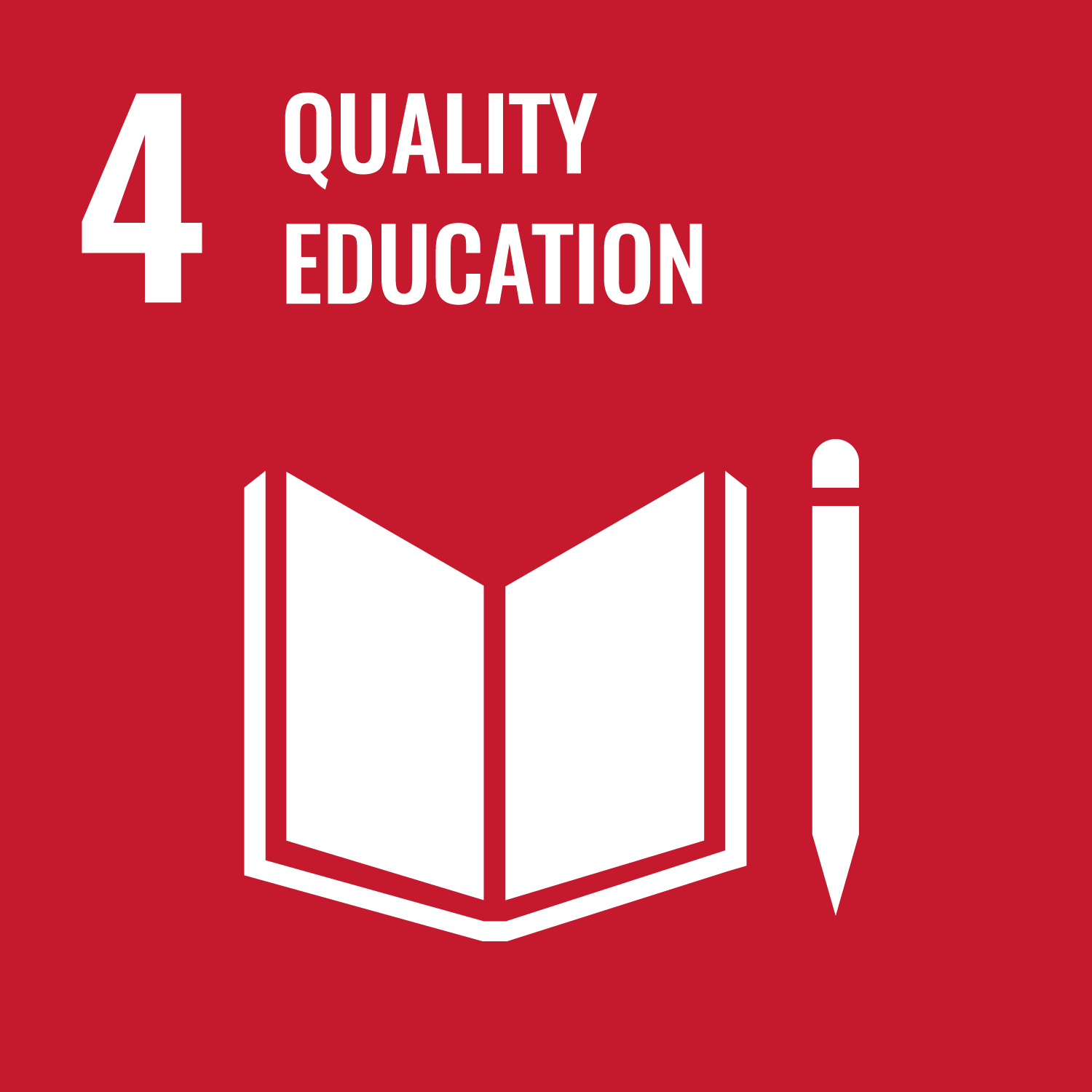
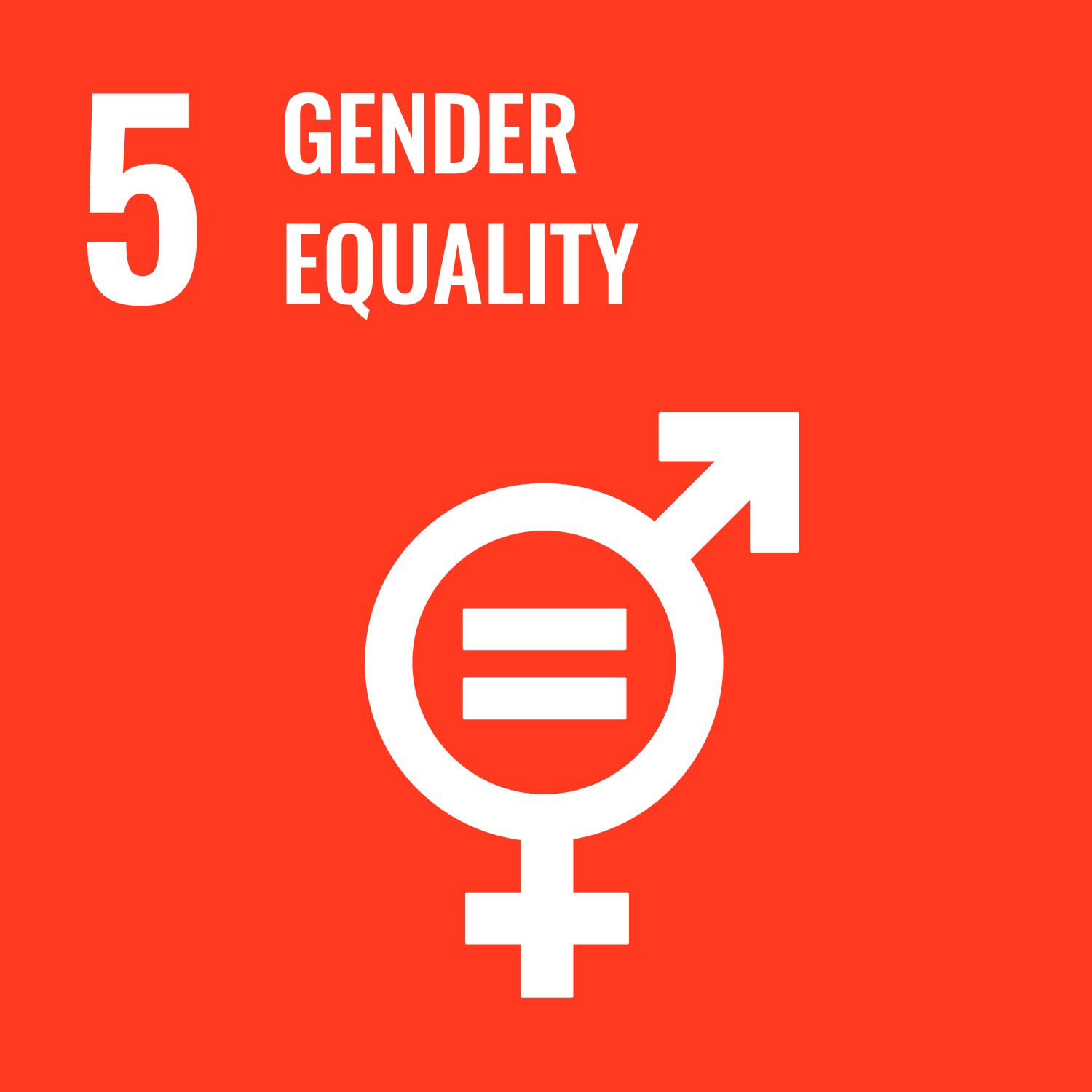
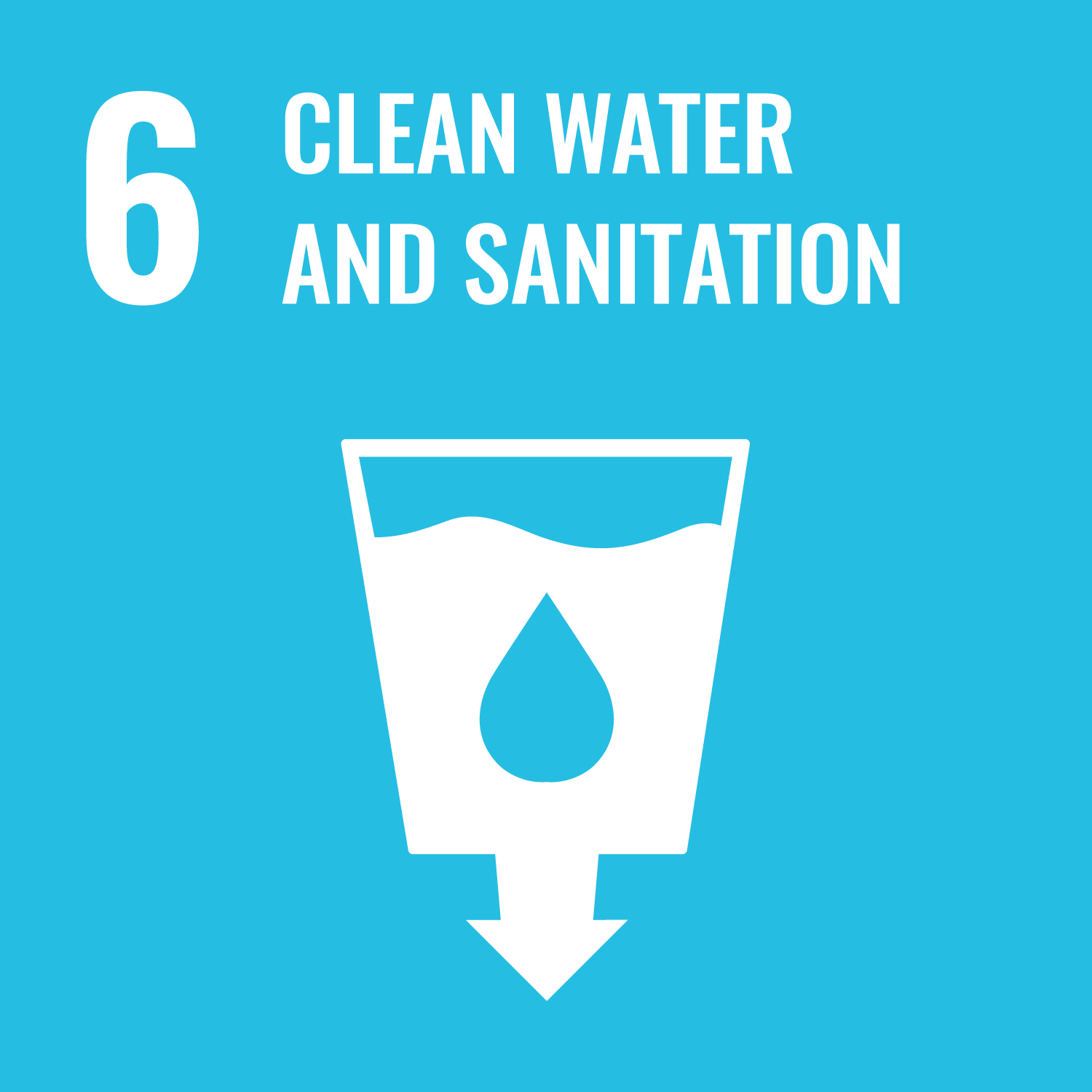
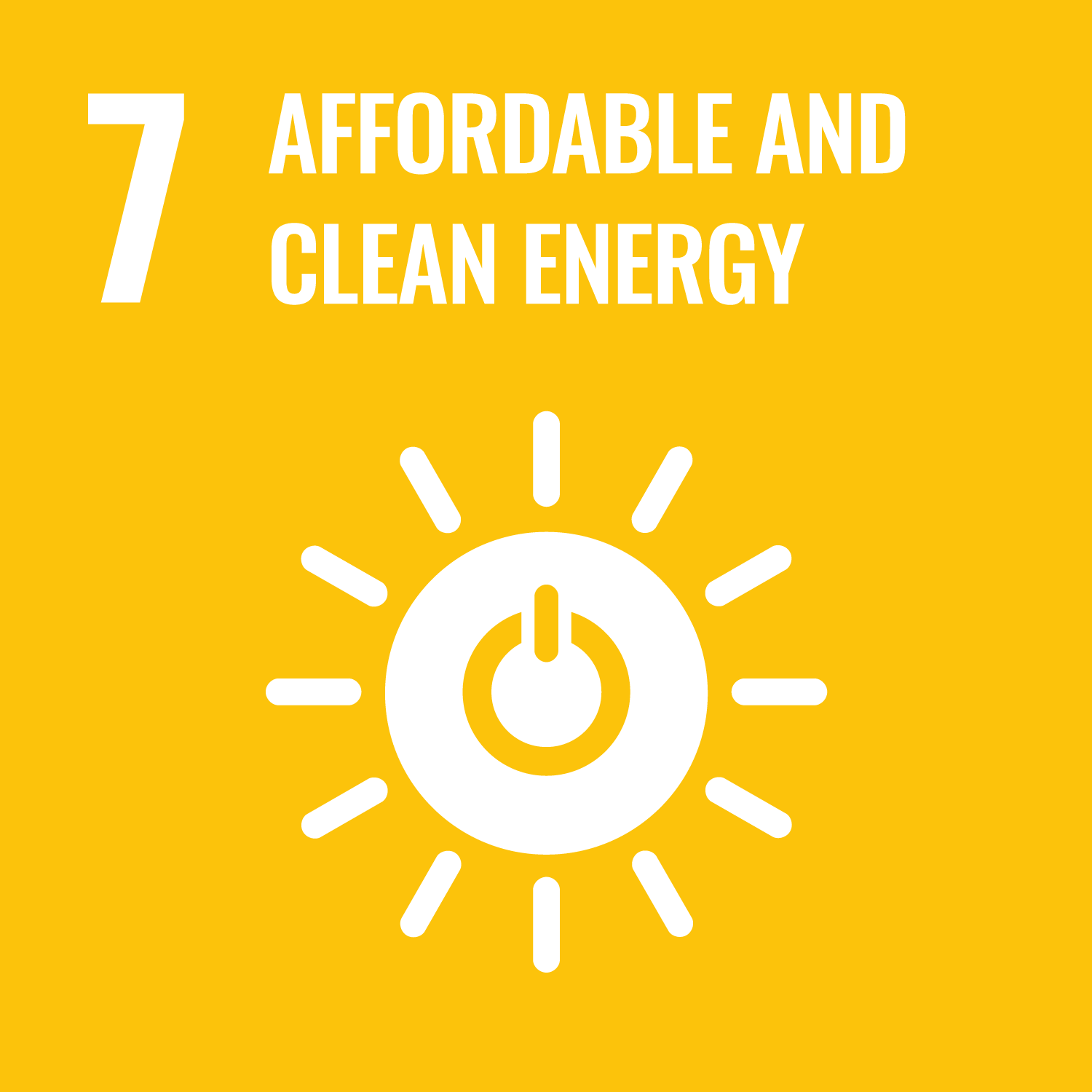
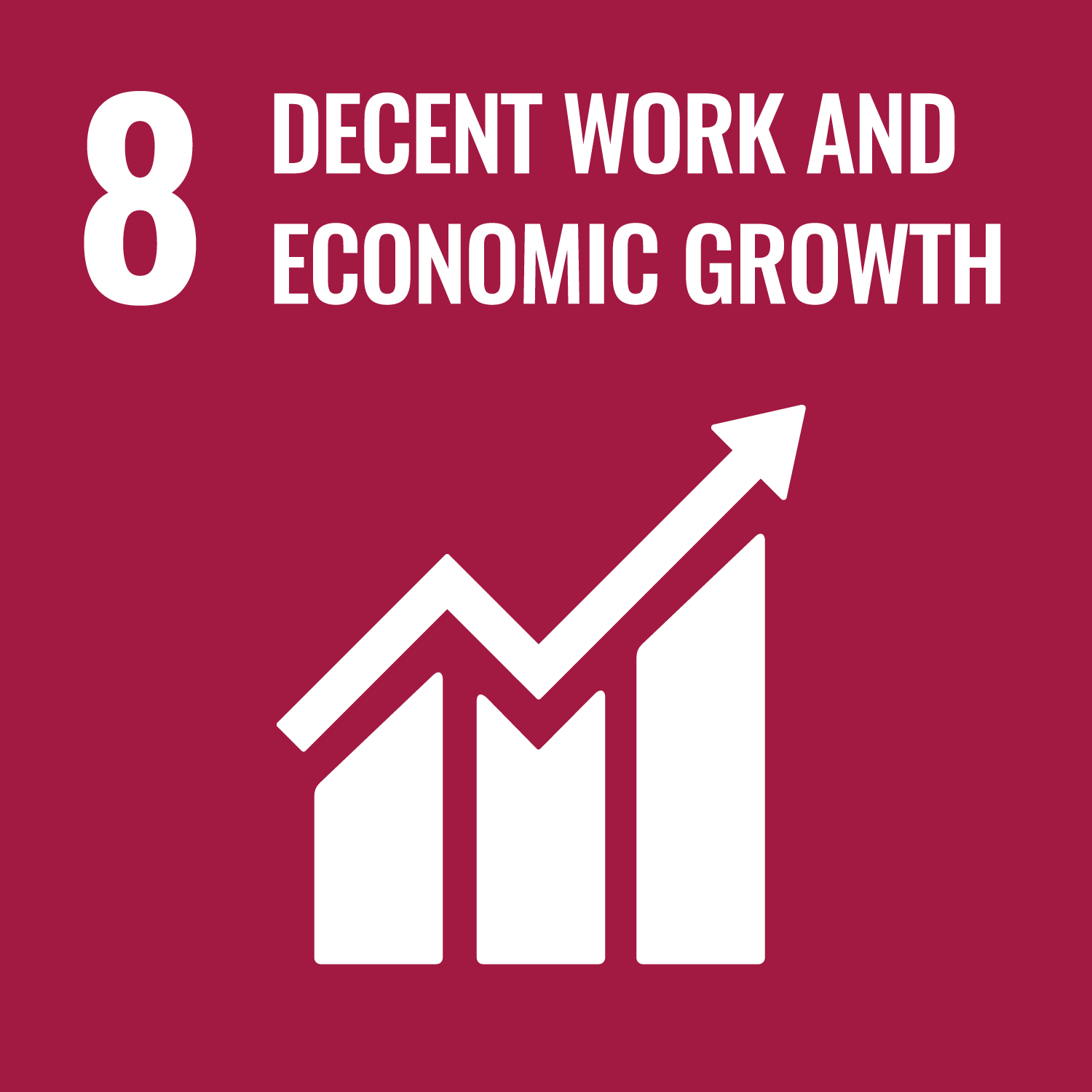
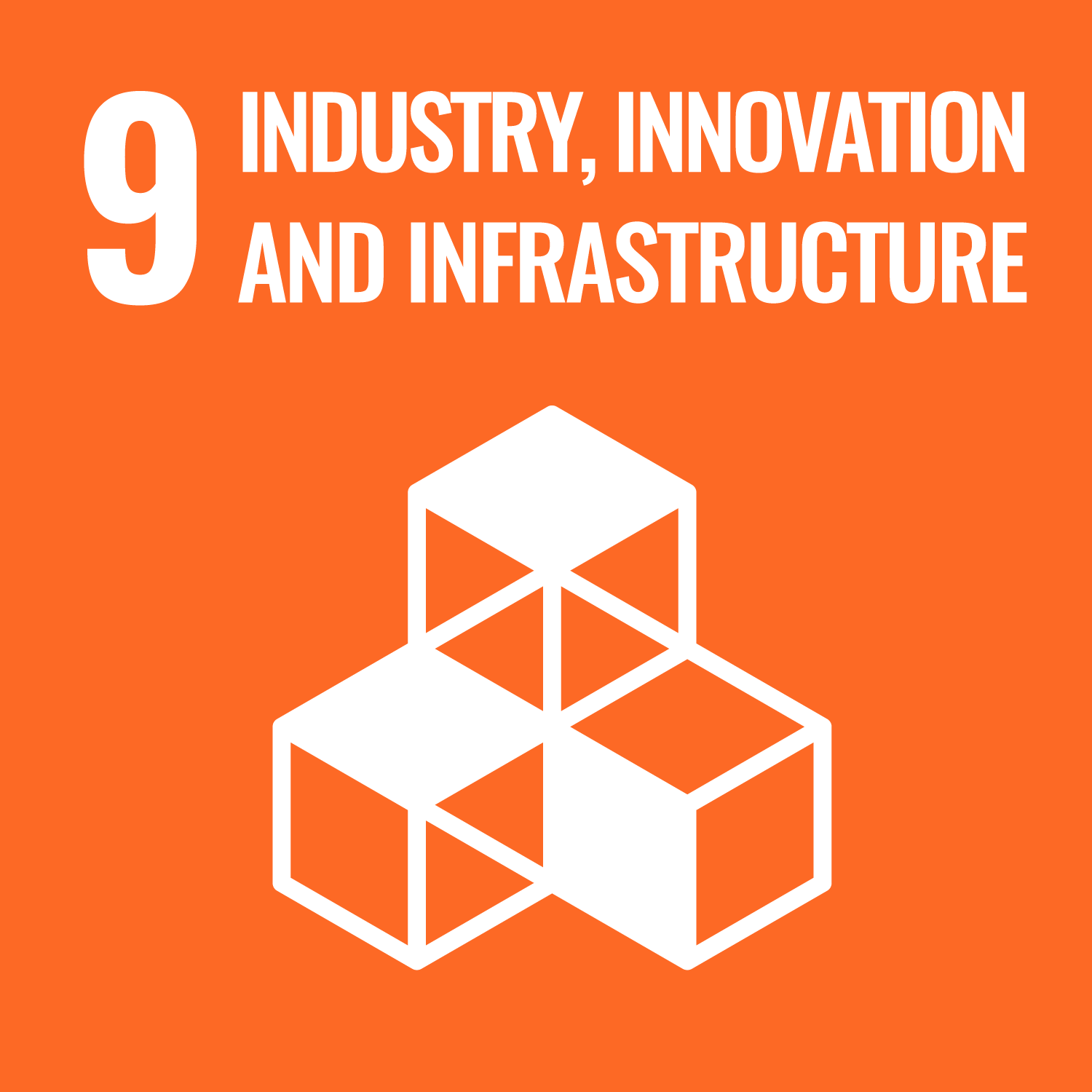
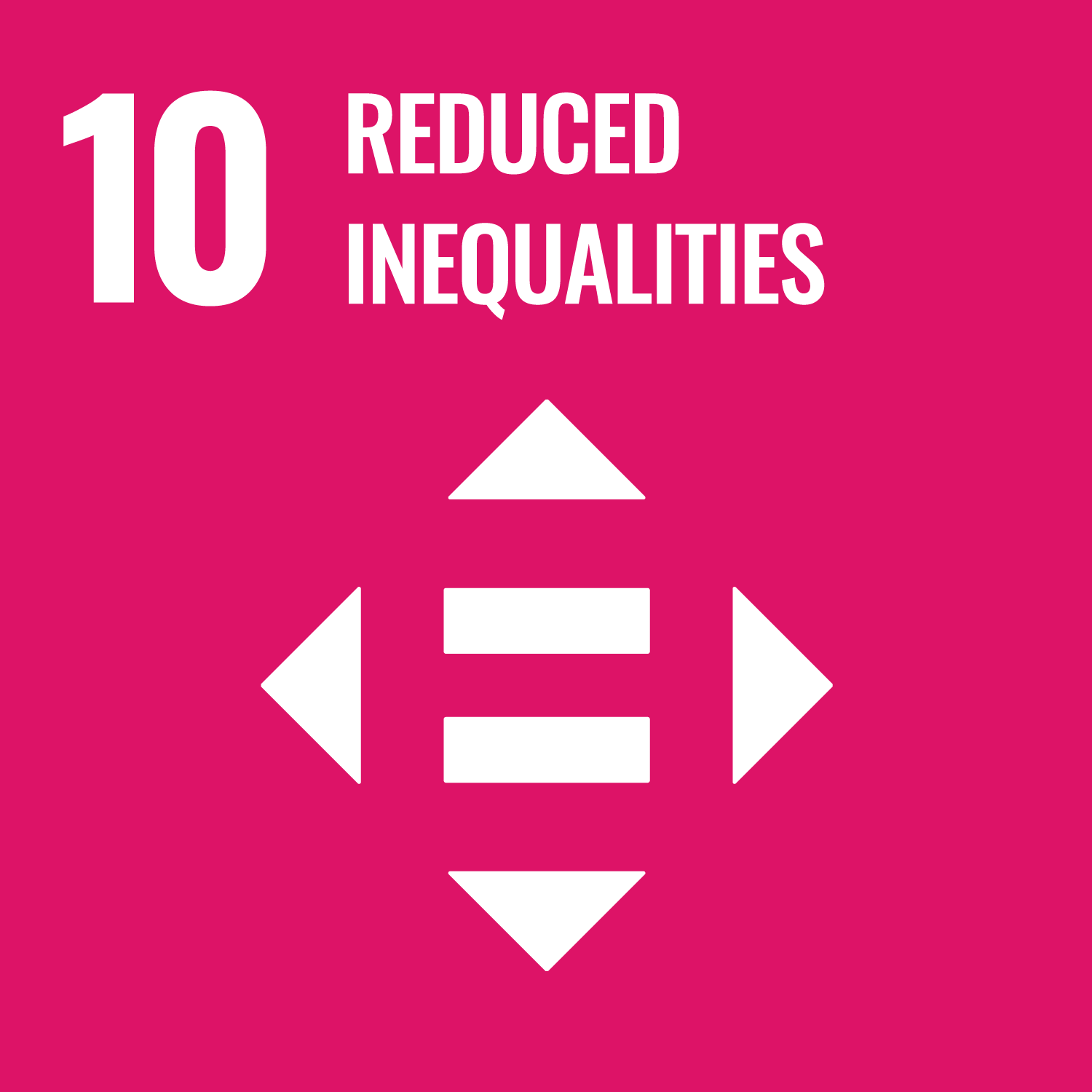
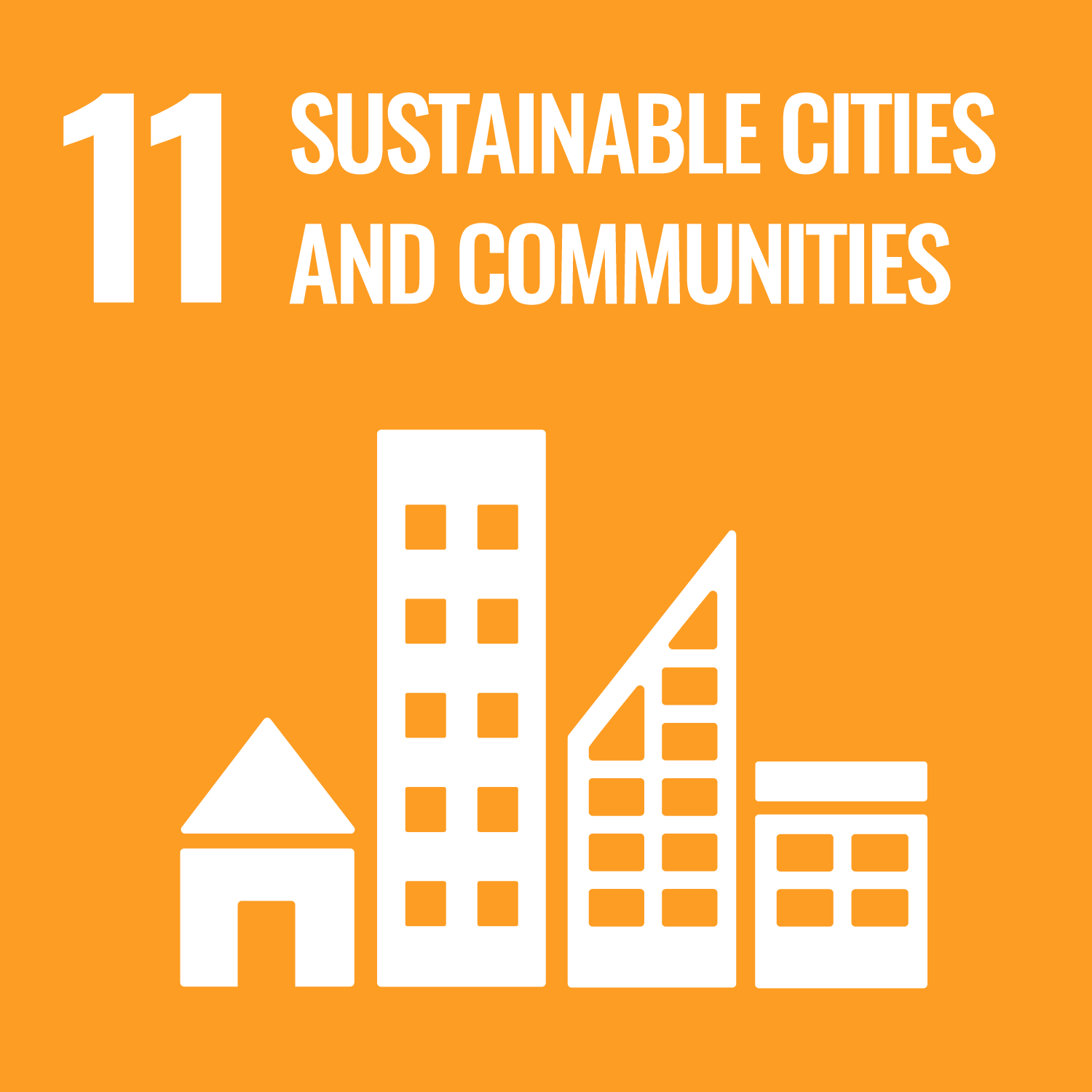
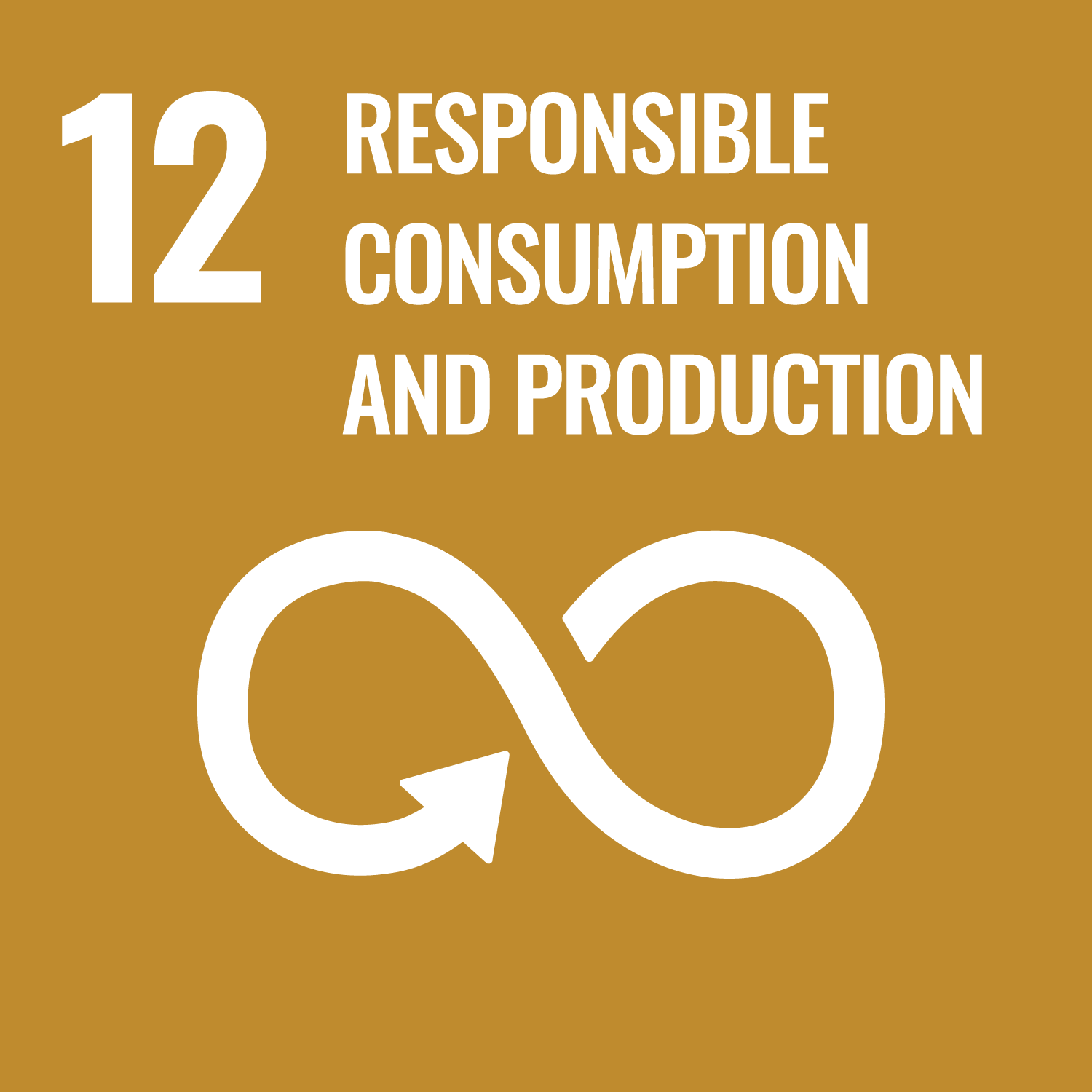
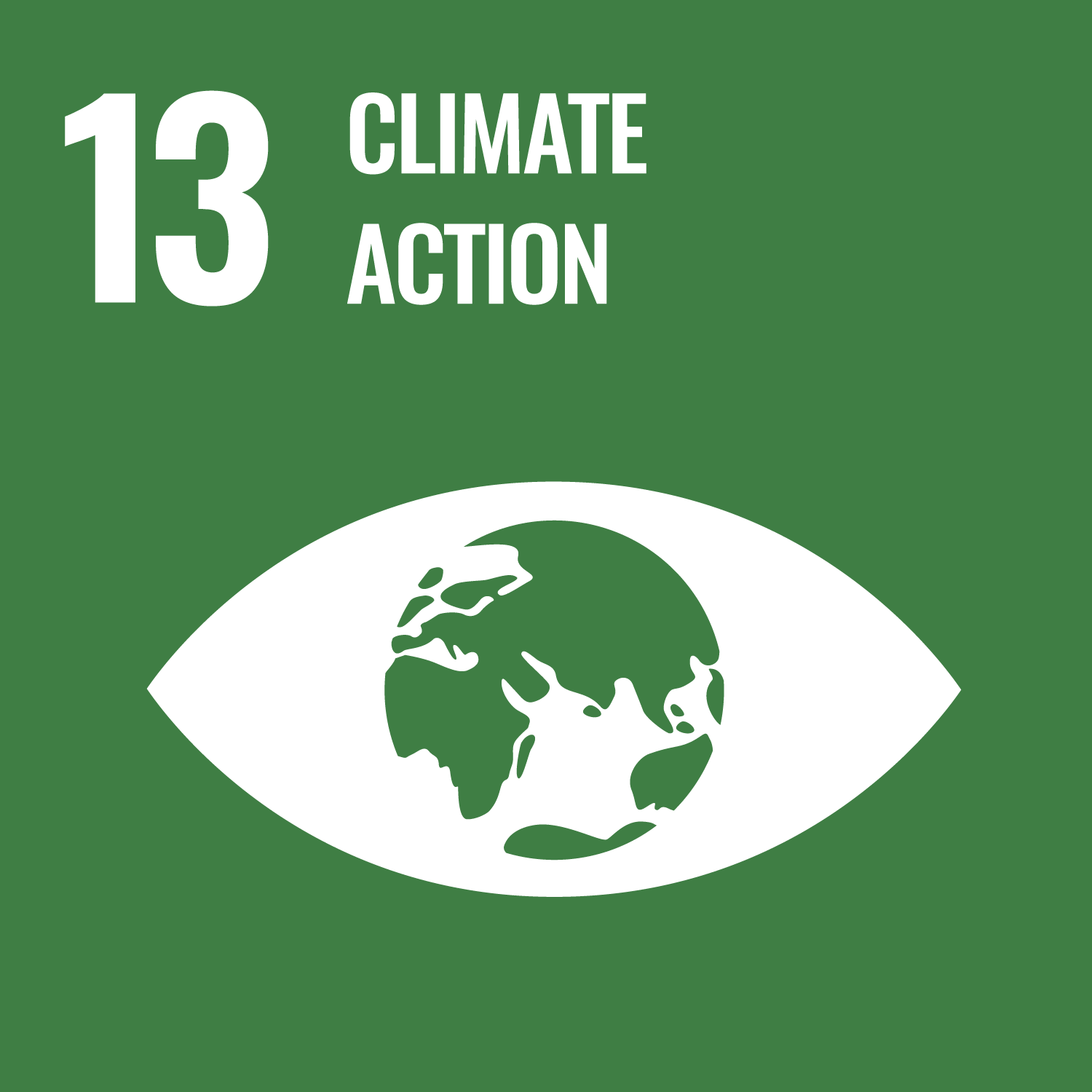
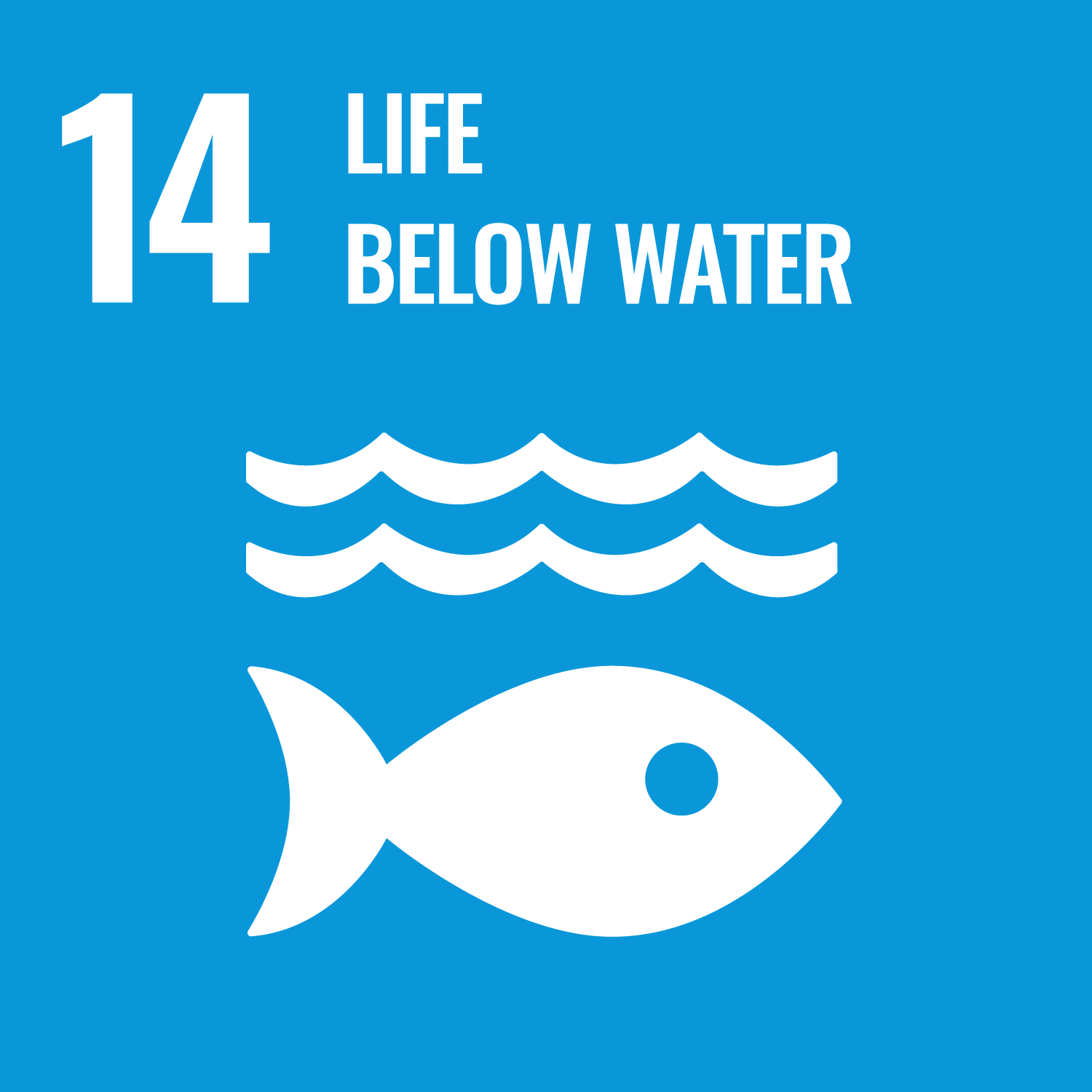
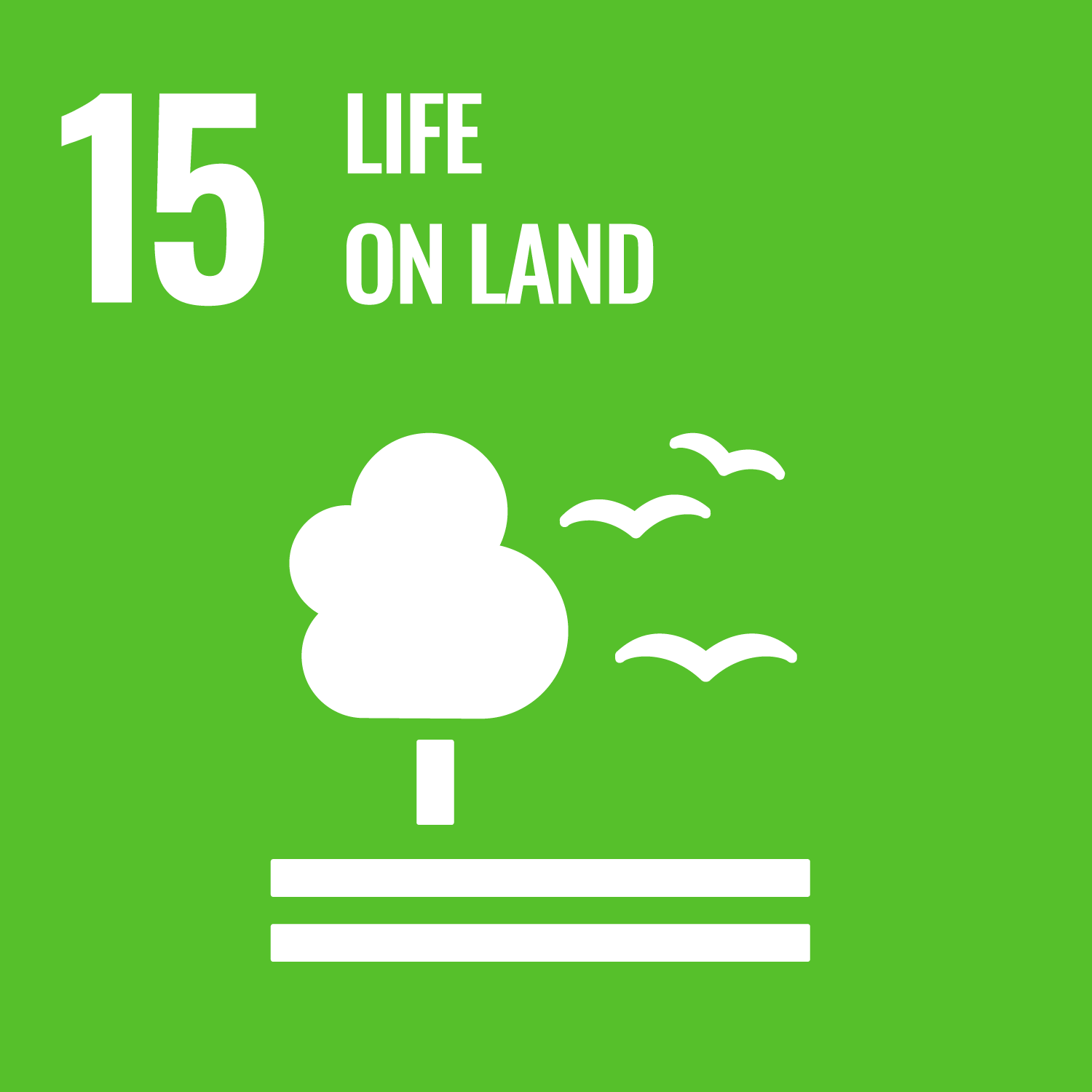
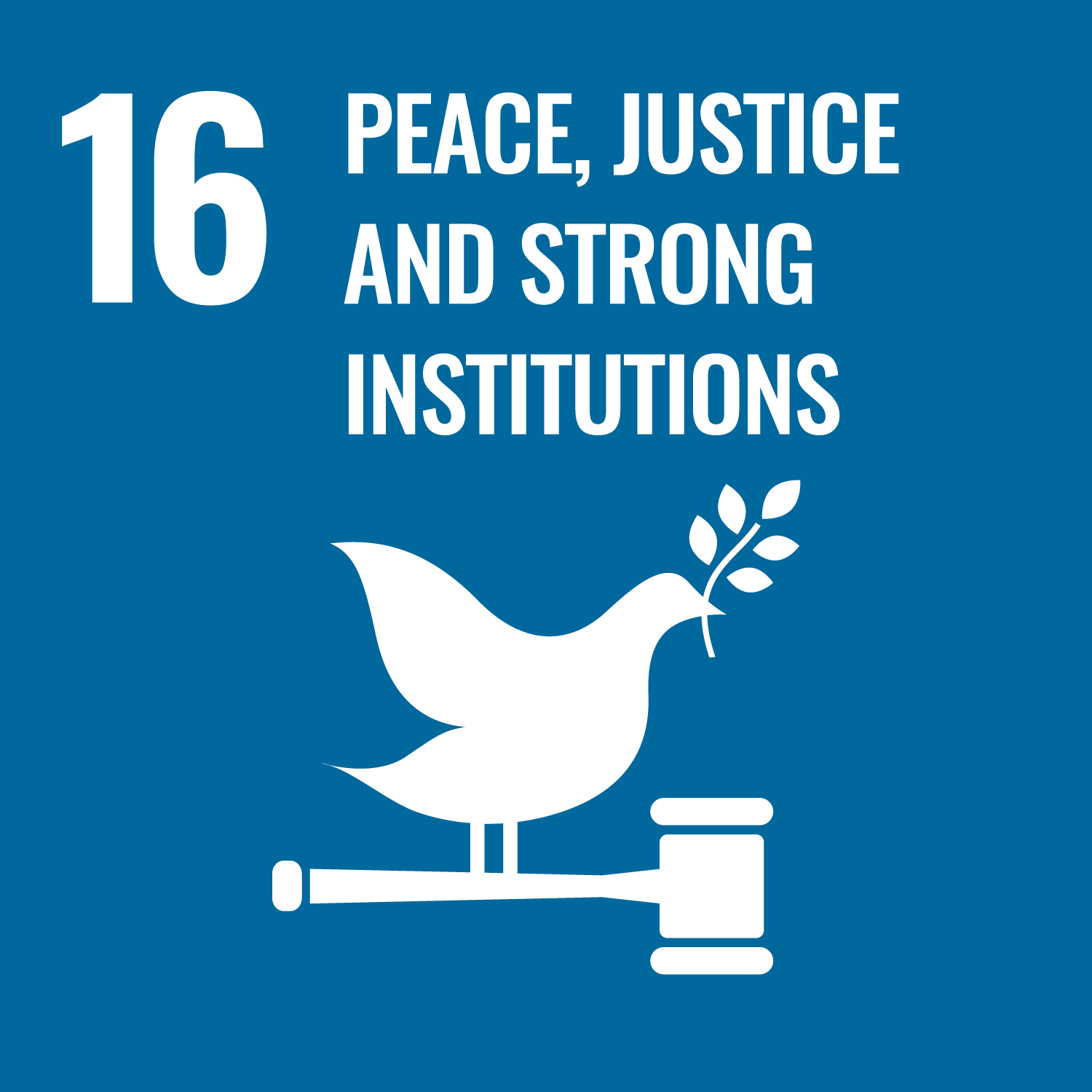
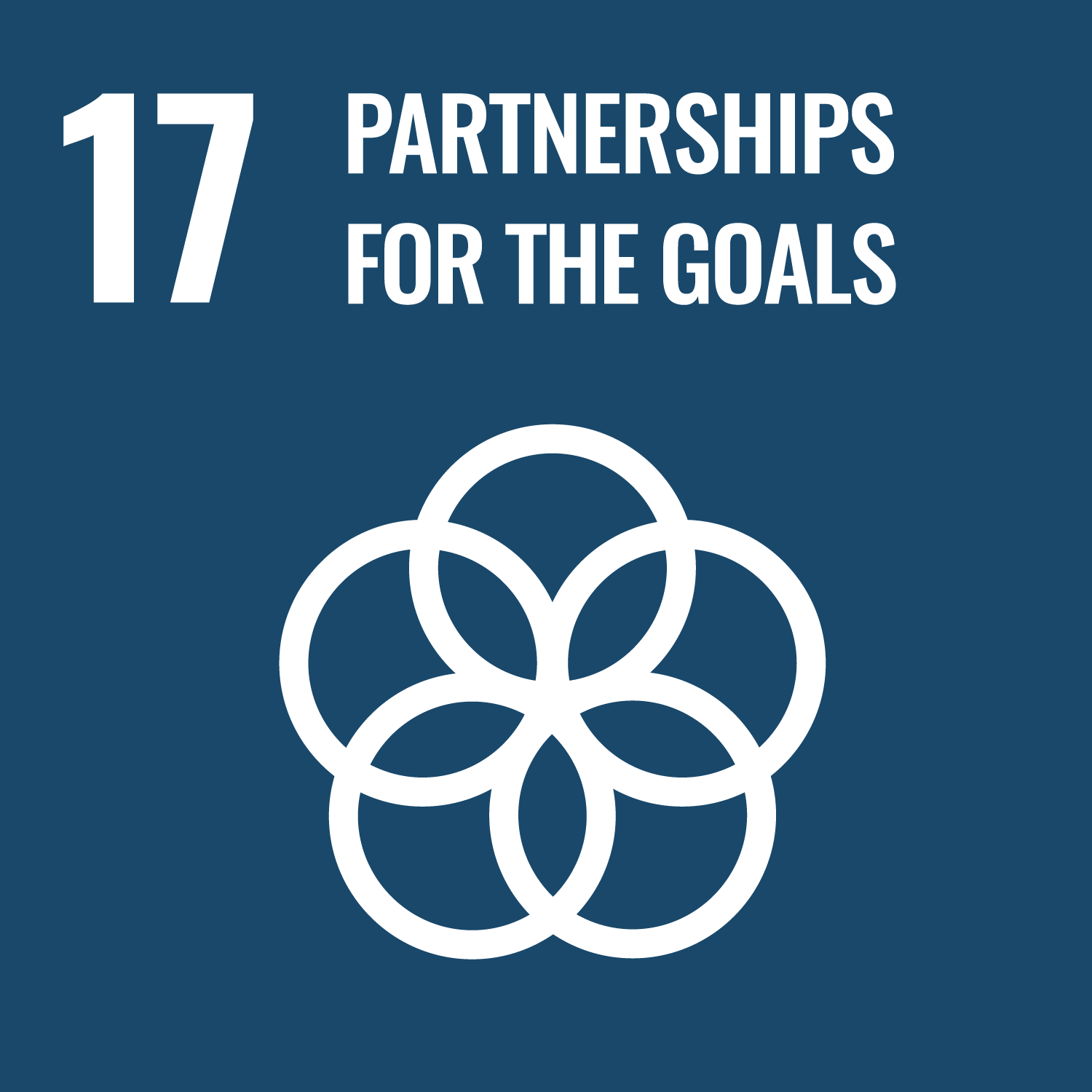
The materials of the Climate Action Week take up the key competencies of the Orientation Framework of the Standing Conference of the Ministers of Education and Cultural Affairs of the Federal States in Germany (KMK), which were adopted by the plenum on June 11, 2015.
The Climate Action Week share the same learning objectives of the UNESCO on climate action.
The following learning objectives can be found in the materials provided.
| Cognitive learning objectives | 1 The learner understands the greenhouse effect as a natural phenomenon caused by an insulating layer of greenhouse gases. |
| 2 The learner understands the current climate change as an anthropogenic phenomenon resulting from the increased greenhouse gas emissions. | |
| 3 The learner knows which human activities – on a global, national, local and individual level – contribute most to climate change. | |
| 4 The learner knows about the main ecological, social, cultural and economic consequences of climate change locally, nationally and globally and understands how these can themselves become catalysing, reinforcing factors for climate change. | |
| 5 The learner knows about prevention, mitigation and adaptation strategies at different levels (global to individual) and for different contexts and their connections with disaster response and disaster risk reduction. | |
| Socio-emotional learning objectives | 6 The learner is able to explain ecosystem dynamics and the environmental, social, economic and ethical impact of climate change. |
| 7 The learner is able to encourage others to protect the climate. | |
| 8 The learner is able to collaborate with others and to develop commonly agreed-upon strategies to deal with climate change. | |
| 9 The learner is able to understand their personal impact on the world’s climate, from a local to a global perspective. | |
| 10 The learner is able to recognize that the protection of the global climate is an essential task for everyone and that we need to completely re-evaluate our worldview and everyday behaviours in light of this. | |
| Behavioural learning objectives | 11 The learner is able to evaluate whether their private and job activities are climate friendly and – where not – to revise them. |
| 12 The learner is able to act in favour of people threatened by climate change. | |
| 13 The learner is able to anticipate, estimate and assess the impact of personal, local and national decisions or activities on other people and world regions. | |
| 14 The learner is able to promote climate-protecting public policies. | |
| 15 The learner is able to support climate-friendly economic activities. |
These terms can be found in the materials.
We welcome more colleagues who would like to join us in creating materials that make a meaningful and greater contribution to climate education. Of course, all those who wish to will be mentioned on the website.
Use one of these templates to create new materials:
We recommended the following resources as a starting point:
Send us your materials to info ät schoolsforfuture dot net.